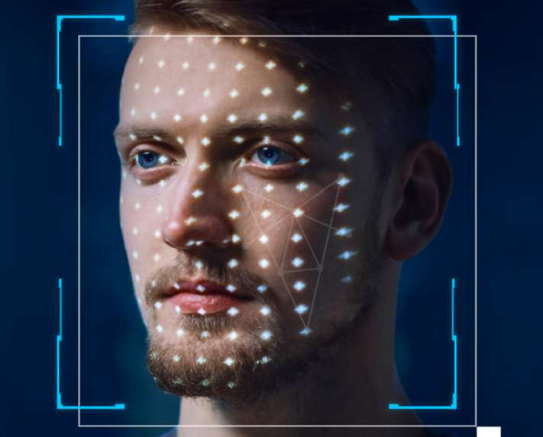 AI
AI
 AI
AI
 AI
AI
Deepfake still photos and videos have plagued the online world for several years, but now the stakes are getting higher.
The problem is deepening as the quality of the fakes gets better and the ease of creating them gets easier, especially since AI technology can be used to gather and modify both audio and video content. In one recent high-profile example, defense lawyers for Tesla Inc. Chief Executive Elon Musk in a case involving a crash of a Tesla Model X raised the possibility that his alleged comments on video about autopilot safety could be deepfakes.
“Some human beings are truly awful and the internet seems to make them even worse,” Hany Farid, a computer science professor at University of California Berkeley who has studied the evolution of deepfakes, told SiliconANGLE.
“When deepfakes appeared five years ago, the primary threat was to actors and politicians with a large online presence,” Farid added. “As the technology has improved, it has become easier and faster to make increasingly more realistic images and videos from less data. As a result, the threat to the average person, with even a small online presence, has increased.”
On Monday, the FBI’s Internet Crime Center released a warning, saying it’s receiving alerts from victims who see explicit content across their social media networks. The content is used as part of extortion and harassment schemes. Typically, criminals demand payment to prevent the fakes from being circulated online.
The FBI warns that any image shared online can be subverted for these purposes by criminals, because they provide the bad actors “an abundant supply of content to exploit for criminal activity.” It recommends using extreme care and said parents monitor their children’s online activity and discuss the inherent risks of sharing personal content.
The reason is that, because “once content is shared on the internet, it can be extremely difficult, if not impossible, to remove once it is circulated or posted by other parties.” It also suggests everyone run periodic searches of all family members’ data to identify potential fakes in circulation, and be vigilant about applying privacy controls across your social media channels.
Also recommended is careful consideration of any friend or communication requests with people that one doesn’t directly know. “Use discretion when interacting with known individuals online who appear to be acting outside their normal pattern of behavior,” the FBI warns. “Hacked social media accounts can easily be manipulated by malicious actors to gain trust from friends or contacts to further criminal schemes or activity.”
This last warning addresses something that I have seen personally, when I get a text or a friend request out of the blue from someone masquerading as a friend, using the friend’s image, or who has hacked an account. To that end, the FBI also recommends using stronger passwords and multifactor authentication methods. As I was writing this post, someone from Jakarta was trying to access my LinkedIn account, but was blocked because of my authentication settings.
“Today, with only a few minutes of your voice, someone can clone your voice,” Farid said. “With only one image of your face, someone can insert you into a video. This content can also be shared, and reshared, online at a speed and scale that is almost impossible to manage.”
One way to do research is to make use of Tineye Inc.’s reverse image search and Hacker Factor Inc.’s FotoForensics to examine the image’s metadata.
Although the FBI focused on personal content, the same rules apply for business-related content and maintaining a quality and consistent brand online as well.
THANK YOU